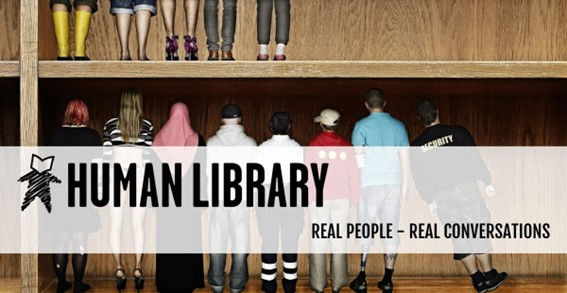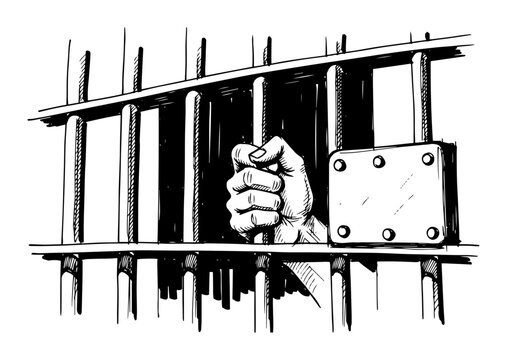Human Libraries: Where Stories Give Wings
- Marshall B. Wanimo

- 8 sept.
- 2 min de lecture
In a world increasingly dominated by screens; smartphones, tablets, laptops, televisions, you name it. It takes heightened curiosity to break away from this encroaching norm, sit down with a person possessing extremely contrasting perspectives of the world, and have an objective and sincere conversation. We often isolate ourselves in a traditional library-like setting where we discuss and share opinions only with like-minded people. We often underestimate the power and unthinkable possibilities a transformative story can open our eyes to.

To bridge this gap and foster connection through sharing experiences, The Human Library, a non-profit organization based in Copenhagen, Denmark, established in 2000, was started by brothers Ronni and Dany Abergel. The organization´s mission is to promote inclusion and diversity by challenging stereotypes and combating discrimination.
The Human Library concept is designed to have humans as open books. These human books are representative of various groups in society that are often subjected to discrimination or stigmatization because of their lifestyle, belief, disability, and social status. Their curated events, tied to the tagline, ´unjudged someone´, demonstrate that sometimes all that is needed is a simple conversation to dismantle stereotypes and develop a better understanding of people.
This transformative approach to storytelling can be applied in multifaceted social contexts. One of the most powerful is within prisons. The ´Stories for Wings´ Erasmus+ Project coordinated by AIFED, aims to adapt storytelling as a technique to facilitate social reintegration of inmates. Rooted in the shared fundamental values of inclusion, democracy, and society, the project has the potential to break the social and cultural barriers incarcerated people face.
The inclusion of incarcerated persons as human books creates an environment for these people who are often misunderstood, judged and discriminated against by society to share their real-life experiences, pains and feelings. This enables the inmates to be heard, understood and empathized with. It also taps into the emotional sphere of the readers/participants sparking curiosity, educating them, and changing their attitude and behavior towards incarcerated persons.
In reflection, imagine if Nelson Mandela was a human book, sharing his personal journey with other inmates and curious listeners. Such a story would inspire them to reflect on their own experiences, learn and understand the skills they need to develop to reintegrate back into society. This would not only ease their reintegration back into society, but it would also mitigate the negative perceptions the local community has about these groups of people.
The future of libraries is no longer in digitizing texts but integration of humanized contexts. This powerful evolution would transform libraries into spaces of self-reflection, empathy and social healing. These libraries of tomorrow are not just mines of information but catalysts for change and connection.
Marshall B. Wanimo






It's really an interesting article! I had never heard of this before, but I love the idea that personal stories can have the power to reduce prejudices and support empathy in our society. Interactive projects like this can build bridges and break down walls. It would be great if similar projects were also implemented in schools and workplaces!